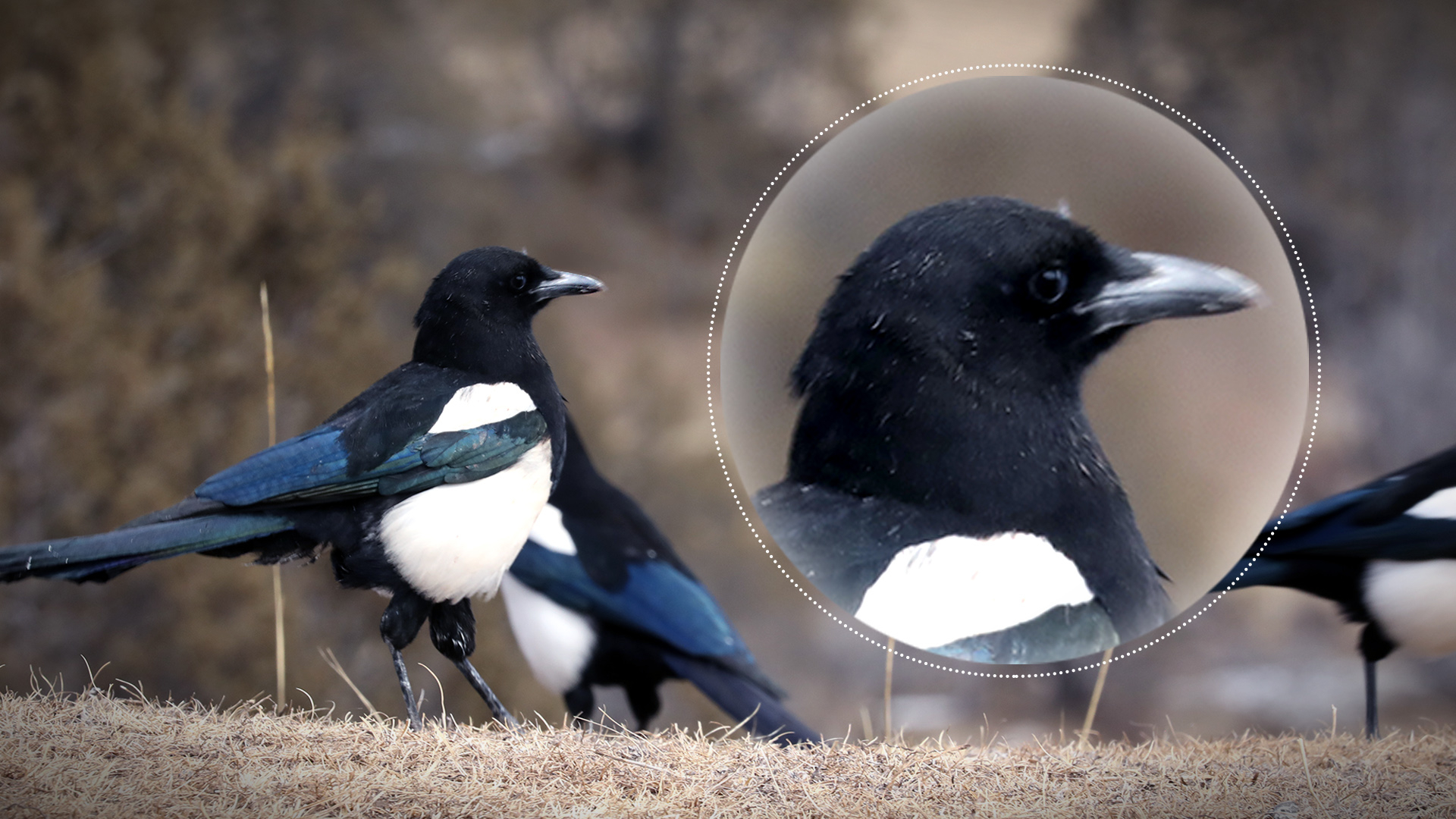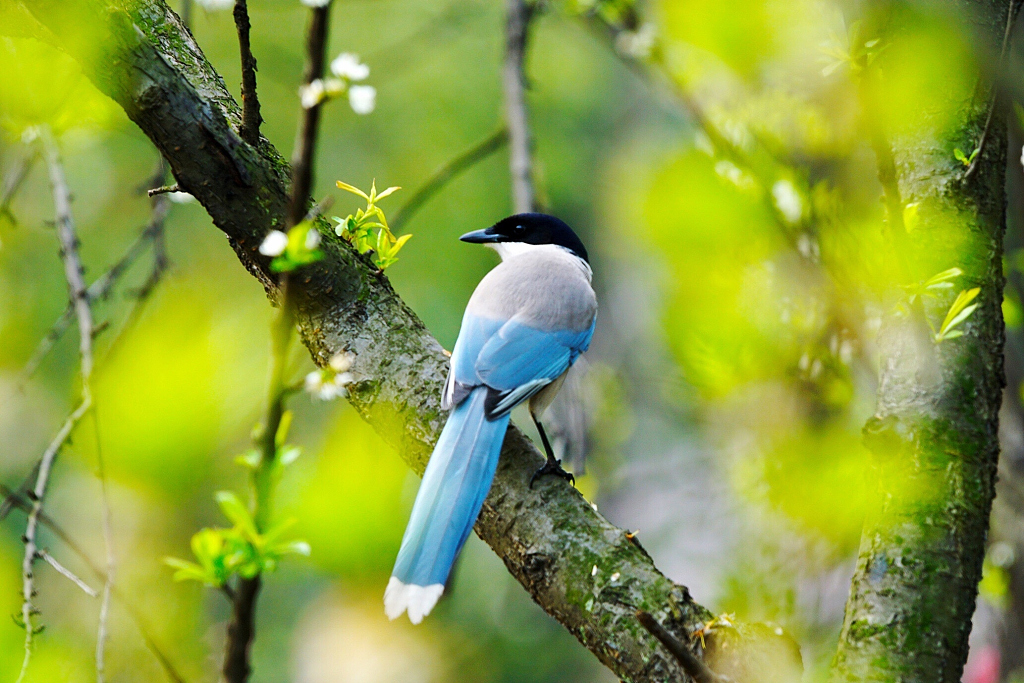

On the seventh day of the seventh lunar month, a flock of magpies will form a bridge to reunite two separated lovers: The Cowherd and the Weaver Girl. In Chinese culture, magpies represent happiness and good luck. But in real life, they are nothing like the in legend.
These birds are scavengers, predators and even jerks sometimes.
Magpies are scavengers. They eat anything suitable that comes their way, whether it is a dead body, pet food or fruit.
Magpies are also predators. They will prey on small and weak birds, and during their breeding season, the magpie will fly to other birds' nests and take eggs and young chicks. They also eat grassland invertebrates like beetles, caterpillars, spiders and worms.
But they are best known as being jerks. They not only fight with each other for territory and females, but also sometimes attack humans. This mainly happens when the birds' testosterone pumps up so they get mad, but also when you are wearing yellow or orange, or when you step into their territory. And magpie attacks are always directed at your head, meaning they can be dangerous.

A magpie on the tree. /VCG Photo
The magpie is an auspicious bird in Chinese culture as it belongs to the Corvidae (crow) family, which means the black bird crows or ravens are magpies' relatives. If you cover the white feather of the magpie and shorten its tail, then you will notice they look pretty much the same. Unlike ravens, which are connected with evil, magpies are much loved birds and are believed to bring good luck and fortune to people in Chinese culture.
Magpies can be found in temperate regions of Europe, Asia and western North America, and even on the high elevation areas in India and the Qinghai–Tibet Plateau. Their strong survival abilities have made them able to thrive in both urban areas and the wild.
(Video filmed by CGTN Nature team, edited by Xing Fangyu. Cover image designed by CGTN's Gao Hongmei.)
(If you want to contribute and have specific expertise, please contact us at nature@cgtn.com)

Copyright © 2018 CGTN. Beijing ICP prepared NO.16065310-3
Copyright © 2018 CGTN. Beijing ICP prepared NO.16065310-3